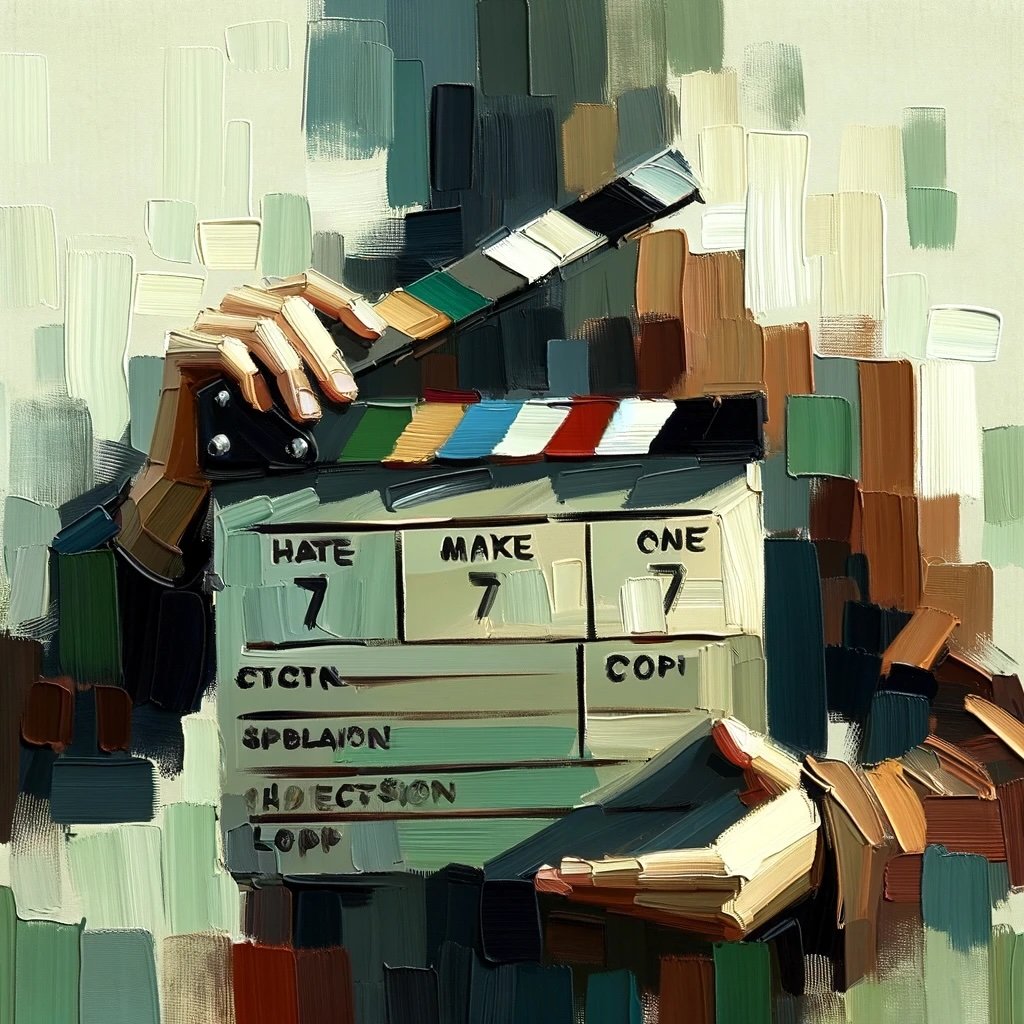
Welcome to our informational blog.
Topics covered include literary theory and practice, academic writing techniques, philosophy of education, and explanations of our methods for enhancing creative intelligence.
Improving Investigative Journalism: Consultant Contributions to Structure and Style
Investigative reporting requires careful research, source cultivation, and adherence to ethical principles. Techniques such as using public records, conducting in-depth interviews, and employing data analysis are key to uncovering and verifying information. In addition, a freelance writing consultant can be a valuable resource for a journalist working in this field. Their expertise can help refine the journalist's writing, improve clarity, and ensure that the content is both compelling and accurate.
Personification: Insights from a Children's Book Editor
As society evolves, so too does the application of personification in literature, reflecting changing values and the growing awareness of young audiences. A children's book editor plays a crucial role in refining the author’s use of personification to achieve its intended effect on young readers.
Mastering the Art of Grant Writing
Effective grant writing requires narrative prowess, attention to detail, and strategic planning. Mastery of these skills enhances the likelihood of not only winning the grant but also successfully executing the proposed project. A grant writing consultant plays a pivotal role in enhancing the quality and effectiveness of grant proposals, significantly increasing the chances of funding success.
The Anatomy of a Logline: Insights from Screenplay Editors
A screenplay editor plays a pivotal role in helping screenwriters refine and perfect their loglines, which are crucial for capturing the interest of producers, agents, and audiences.
Echoes of Carver: Embracing Minimalism in Modern Short Stories
Raymond Carver’s minimalist approach to short story writing not only transformed the literary world’s view on narrative simplicity but also influenced the techniques employed by literary fiction writers and the editors who refine their works. Short story editors guide writers to pare down their narratives to the essential, enhance the potency of dialogue, and embed subtext to achieve the blend of realism and introspective storytelling that Carver championed.
Haiku: The Art of Compression
Haiku teaches the importance of capturing fleeting moments with precision and clarity. For writing tutors and students alike, the lessons of haiku offer a pathway to more expressive, effective, and evocative writing.
Working Well With Editors: Fiction vs. Creative Nonfiction vs. Poetry
This article delves into the unique “ins and outs” of collaborating with novel editors, creative nonfiction editors, and poetry editors, offering you insights into how best to approach your work with each type of professional.
Understanding the Pricing Models of Online Editors
Whether for books, articles, academic papers, or business documents, freelance editors help authors refine their work. Their pricing models and rates can vary widely based on several factors, including the type of editing required, the editor's experience, and the project's complexity.
Crafting Excellence: A Guide to Professional Manuscript Editing for Aspiring Authors
Seeking out professional manuscript editing can be pivotal for authors of all experience levels. This article aims to demystify the process of working with a freelance editor and highlight the differences between developmental & content editing and line & copy editing.
Famous Author-Editor Duos from Literary History
Throughout literary history, there have been numerous author-editor duos whose collaborations have resulted in some of the most iconic and enduring works in the canon(s). Here, we explore ten of the most famous author-editor pairings, highlighting their contributions to literature and the unique dynamics of their collaborations.
Editor, Tutor, Coach: Understanding Their Unique Roles in the Writing World
Whether you're a seasoned author or a beginner trying to put your thoughts into words, you might come across these three professional types in your writing journey: the editor, the writing tutor, and the writing coach. Though they all aim to elevate your work, each serves a distinct purpose.












